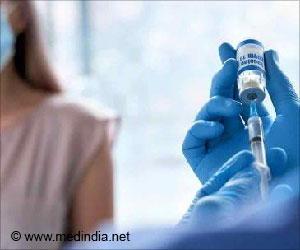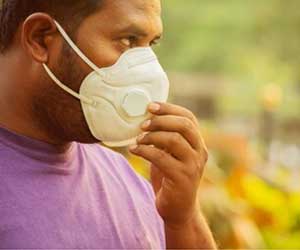The placebo effect is the well-known phenomenon where there is an improvement in a person’s physical or mental health after taking treatment with no pharmacological therapeutic benefit (for example, a sugar pill, or a syringe full of saline). Alternatively, negative outcomes of a patient regarding treatment are called a nocebo effect.
The exact biological, psychological, and genetic underpinnings of the placebo effect are not clear. However, some argue that non-conscious factors embedded in the patient-physician relationship automatically turn down the volume of symptoms.
The study team analyzed data from 12 clinical trials of COVID-19 vaccines that included adverse effects reports from 22,578 placebo recipients and 22,802 vaccine recipients.
It was found that more than 35% of placebo recipients (after the first injection) and 32% after the second dose experienced systemic adverse events like fever, headache, and fatigue.
“Adverse events after placebo treatment are common in randomized controlled trials. Collecting systematic evidence regarding these nocebo responses in vaccine trials is important for COVID-19 vaccination worldwide, especially because concern about side effects is reported to be a reason for vaccine hesitancy,” says lead author Julia W. Haas, PhD, an investigator in the Program in Placebo Studies at BIDMC.
Source: Medindia



